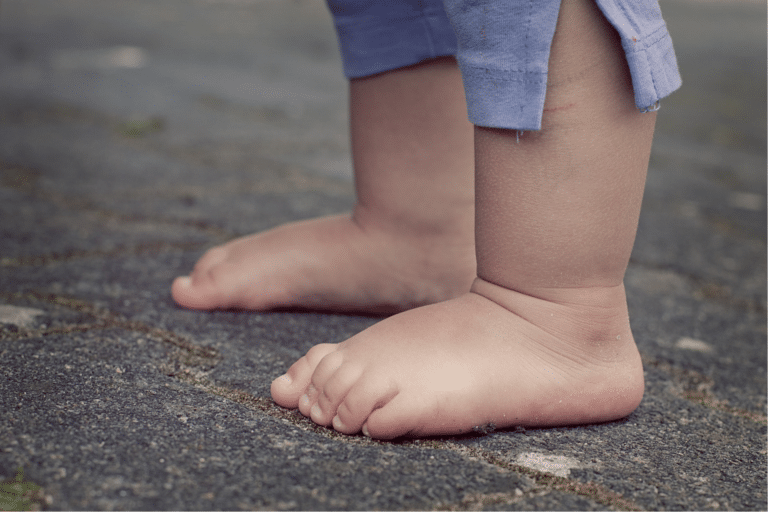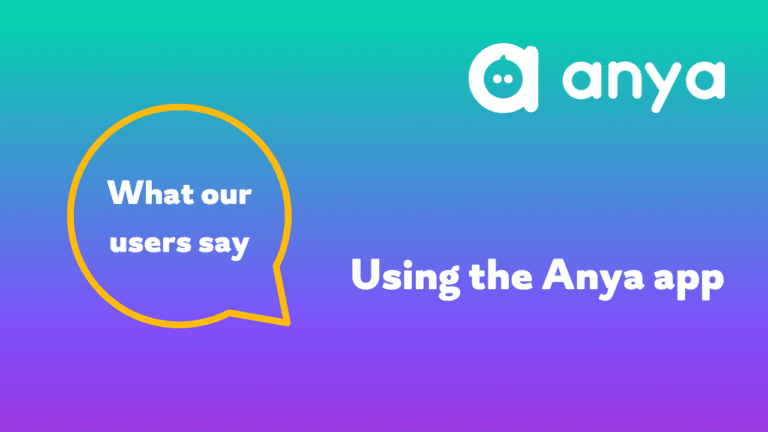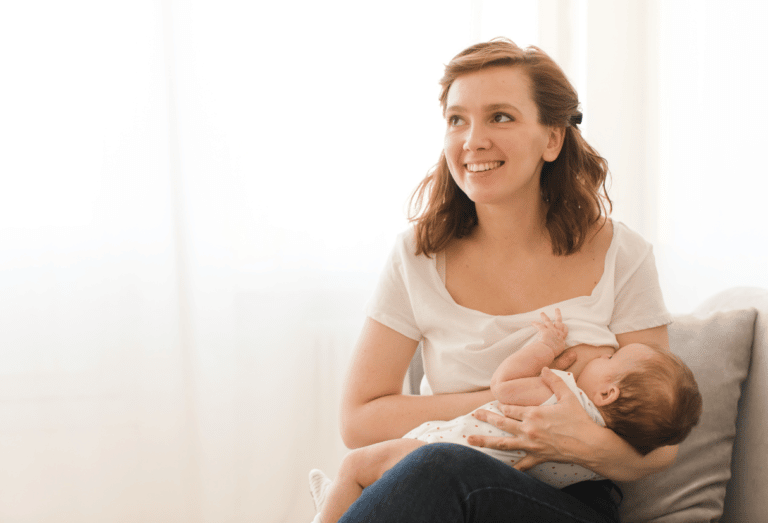Why do we need focused resources and support for dads?
Research indicates that men are not as directly engaged during pregnancy, birth and beyond as mums-to-be, despite their frequent presence. While we hope that most dads-to-be are ready to be fully involved and supportive co-parents, evidence suggests otherwise.

Most materials produced for ‘parents’ are actually tailored to mums, using phrases like ‘when you give birth’ or ‘when you are breastfeeding‘. This approach quickly alienates men from the content. As noted by Jeszemma Garratt, Head of Training at The Fatherhood Institute:
"Unless materials actively address fathers, people overlook and implicitly exclude them. Most people see the word ‘parents’ and, consciously or subconsciously, interpret it to mean ‘mothers’."
Jeszemma Garratt
Research confirms the critical importance of specifically addressing and writing all dad-focused resources for men. Maternity services traditionally focus on mum and baby, often leaving dad feeling ignored or unwanted.
We understand that cultural norms may hinder men from readily supporting partners and babies. They may see birth and its related matters as exclusively for women. Or, they may worry about diverting attention from their partner. Whatever the reasoning behind it, we cannot ignore the fact that men continue to disengage with education and support. This is why we provide dad-specific resources. Our aim is to normalise the experience and support the shift towards a more equality-driven culture. Achieving this goal will alleviate pressure on mums to be sole caregivers. It supports positive attachments between child and male caregiver, benefiting everyone.
During the perinatal period, as a dad, actively seeking visibility, conversation, and engagement is crucial. It ensures recognition as an equally important participant alongside mum. If support and engagement are not immediately forthcoming, it’s important to actively reach out for them.
Why do dads matter?

This is because, as dads, you have a key role to play in your partner and baby’s lives and to overlook you and your needs risks causing a real negative impact in the longer term.
For example, Dr Anna Machin, an expert in the science and anthropology of fatherhood, has identified that the bond that forms between dad and baby/child is a unique one, and quite different to that formed between mum and baby. Dad’s job, then, is not only to love and protect, but also:
"to challenge, to be the secure base from which the child goes out into the world to investigate what is going on. His role is to teach the skills – behavioural, linguistic, cognitive – that will enable that child to deal with life’s challenges, assess its risks, and leap over those hurdles; to deal with failure, but also with success."
Dr Anna Machin
To give yourself the best chance of bonding with your baby, then, you need to be supported to be an active and hands-on dad, interacting with your baby right from Day One (and potentially even earlier, when baby is still in the womb).
Tell us about DadPad!

We’re delighted to have been asked by our friends at Anya to write a blog for Father’s Day which highlights some of the core things that dads need during the perinatal period (i.e. from pregnancy through to early parenthood). DadPad’s goal is to produce resources which benefit and support new and expectant dads and their families. We created the DadPad because babies don’t come with a set of instructions.
Dads told us they wanted vital information on what to expect and how to care for their baby. We listened to dads, their partners, and supporting professionals, combining their requests into our DadPad resources.
Since producing the original DadPad, our portfolio of products has grown. Our portfolio now includes an interactive DadPad app. Additionally, we offer specialist resources for dads with babies in neonatal units and LGBTQI+ non-birthing parents. Over this time, we’ve built and added to our knowledge-base and expertise on all things ‘dads’ (and other non-birthing partners).











